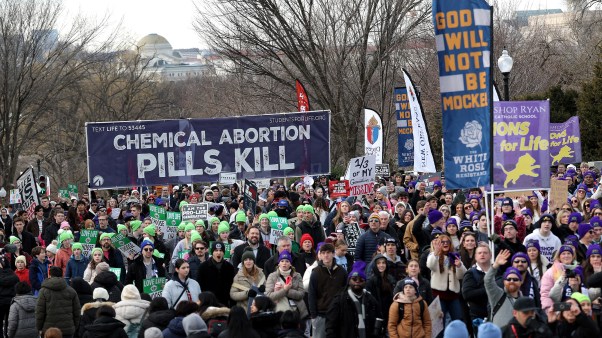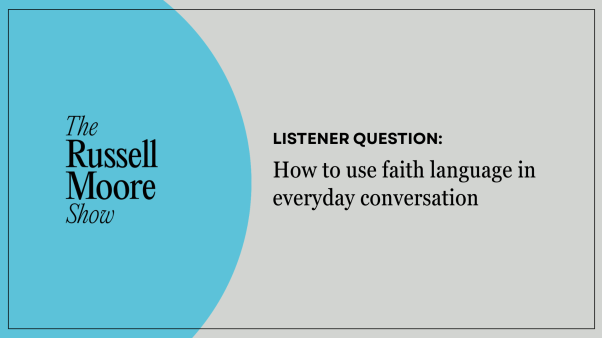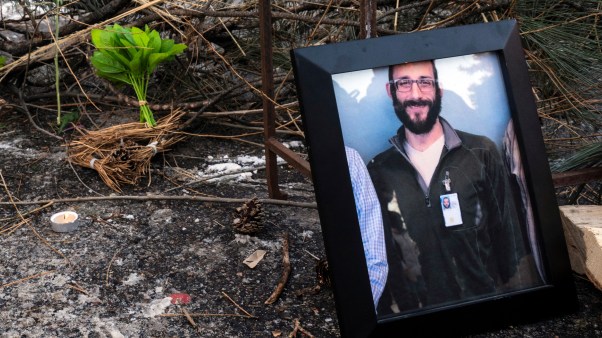Last Friday morning, Kang Gwi Ran made her way to President Yoon Suk Yeol’s residence in Yongsan, a district in Seoul where an estimated 15,000 supporters had gathered as they awaited the results of Yoon’s impeachment trial. The Presbyterian pastor in her 50s hoped to catch a glimpse of the man she called “Mr. President,” though she didn’t manage to see him.
When the news broke at 11:22 a.m. local time that the Constitutional Court had unanimously decided to remove Yoon from office, Kang felt overwhelmed by despair and wondered if God had abandoned her country. “It felt like standing at the edge of the Red Sea, like the Israelites during the Exodus,” she said.
A half-hour bus ride away from Yoon’s residence, a markedly different scene unfolded at Sookmyung Women’s University. Jeon Jeehoo, 24, sat with a friend from InterVarsity Christian Fellowship, watching the live broadcast of Yoon’s ruling in a classroom with about 150 fellow students.
Upon hearing the verdict, Jeon burst into tears while others around her screamed with joy. She recalled the many winter nights she and her friends had spent on the streets protesting against Yoon and felt a sense of relief.
“I normally don’t ask God to do certain specific things, for I believe that is God’s right and authority,” Jeon said. “However, in this case, I was never more desperate.”
For six weeks, South Korea waited anxiously for updates on Yoon’s political fate after the final hearing of his trial concluded on February 25. When the Constitutional Court announced its judgment on April 4, protesters danced in the streets while supporters screamed and broke down in tears. A meme that read “404: President Not Found” began circulating rapidly. Yoon supporters, meanwhile, created a new slogan: “Yoon again!”
Korean evangelicals have also found themselves split over the ruling. Some see it as God’s just judgment, while others are disappointed by the outcome. Believers struggle to see how they can reconcile with those on the other side of the political divide.
“I don’t think it’s possible to restore relationships with those who’ve already been brainwashed and lost their discernment,” said Kang. “It might only deepen spiritual harm and cause further division.”
Yoon, who had been in power since May 2022, is the second president in the country to be impeached. In 2017, the Constitutional Court ousted former president Park Geun-hye for violating the Constitution and laws while in office. (Yoon had helped to impeach Park when he was a prosecutor.)
This time, the court ruled Yoon’s declaration of martial law last December illegal. It also claimed Yoon undermined the National Assembly and other governmental institutions by mobilizing the military and police. Acting president Han Duck-soo said a presidential election will be held on June 3.
Yoon was not in court when the judges delivered the verdict. “I am very sorry and regretful that I could not live up to your expectations,” he wrote in a statement shortly after the court’s decision. “I will always pray for our beloved Republic of Korea and its citizens.”
Yoon faces another criminal trial on charges of insurrection for declaring martial law.
Moon Chan, 50, who had joined protests calling for Yoon to step down, believes the verdict was “an example of how the wicked fall into their own pride and schemes as God carries out his justice.”
His daughter Hyein, who protested with him, added that she had been praying for God to protect Korea. “I believed impeachment was essential for the country’s stability and recovery,” she said. “This result felt like a divine response.”
Kim Jae-gwon, who wanted Yoon reinstated, felt a surge of frustration when he heard the court verdict. A cry of anguish escaped his lips. But the 74-year-old retired pastor has continued to trust in God’s sovereignty. “I had prayed earnestly that this outcome would not come to pass, but my prayers were not answered,” Kim said. “Still, I choose to believe that there is a greater purpose behind it all.”
Church denominations and parachurch organizations have urged believers to maintain peace in the wake of Yoon’s impeachment ruling. The Anglican Church of Korea encouraged the country “to grow stronger while [tolerating] differences.” The Communion of Churches in Korea (CCIK) called for Christians to speak and act in ways that align with the message of Jesus and to vote in the upcoming election for a candidate who fears God.
Yet some Christian leaders decided to stir up dissent instead.
Jun Kwang-hoon, the outspoken pastor of Sarang Jeil church, led an 18,000-strong protest the day after the court verdict dropped. Participants chanted slogans like “impeachment invalid” and “impeachment is fraud” as Jun rallied them to start a revolution against what he perceived as the court’s unjust decision.
The evangelical pro-Yoon group Save Korea initially planned to hold a demonstration the day after the court ruling but canceled it shortly after the verdict, saying that they accepted the court’s decision.
After Yoon declared martial law on December 3, Moon Chan began learning where people in his church, Onnuri Church, stood politically. “At times, I felt confused, even angry,” the businessman said. “I sensed a deep disconnect in some conversations, as if we couldn’t truly understand each other.”
His frustration and disappointment grew into something more serious. “Over time, those feelings built up into resentment—and I came to realize that such hatred doesn’t come from God but from Satan,” he said.
Christians aren’t sure how to repair the political divide within the church. Jeon Jaehyung, Jeehoo’s father, shared that he does not desire “closer fellowship” with conservative churches, particularly those in the far right.
“I no longer have a place in my heart for these churches,” he said. “I can only hope that the passage of time and each of us trying hard from our own positions will foster mutual understanding.”
Kim affirmed that reconciling with other believers who hold divergent political views is important and necessary, even when it’s hard to understand believers who “sympathize with Communist ideology.” (Korean evangelicals like Kim feel that Yoon was instrumental in resisting the spread of Communist influences in the country.)
To build a democratic nation, Kim says, Christians “must learn to walk alongside those with different beliefs—even those who do not share our faith.”
Moon Chan continues to beseech God for greater compassion. “Through this impeachment crisis, I’ve been asking God to guard my heart so that it doesn’t turn against others,” he said.
Correction: An earlier version of this story misstated the Communion of Churches in Korea as a member of the World Evangelical Alliance.














